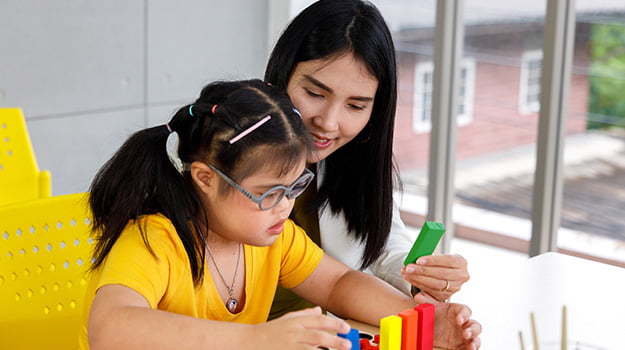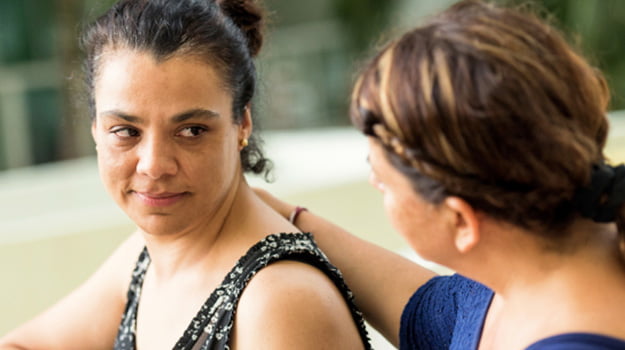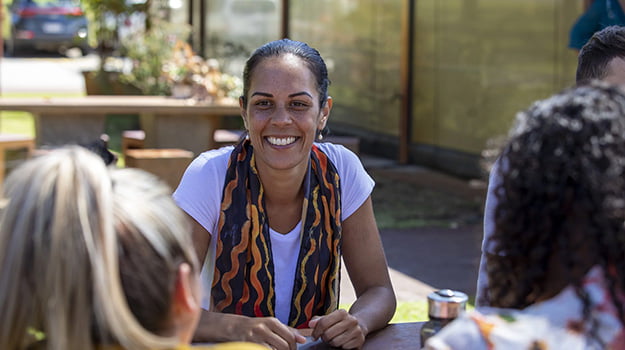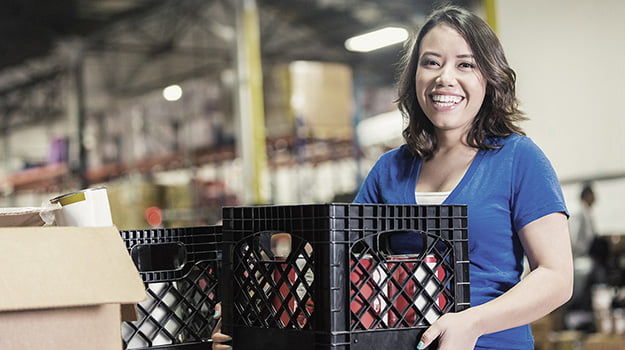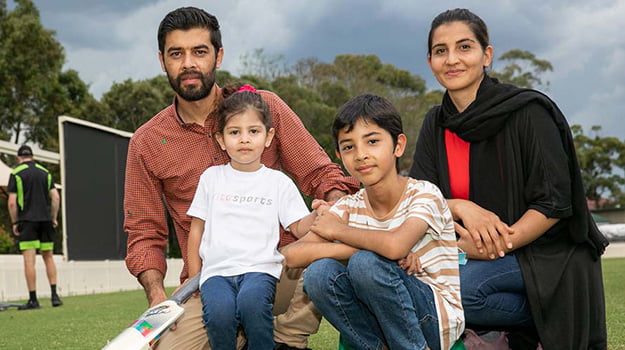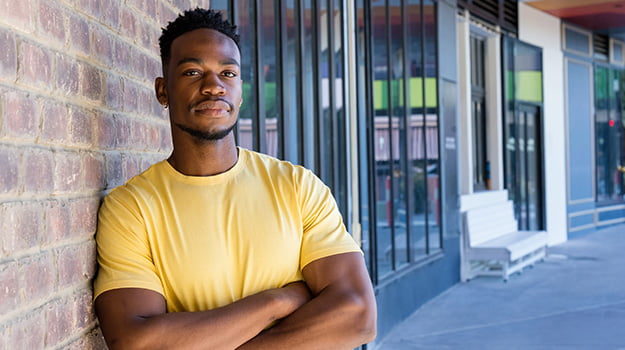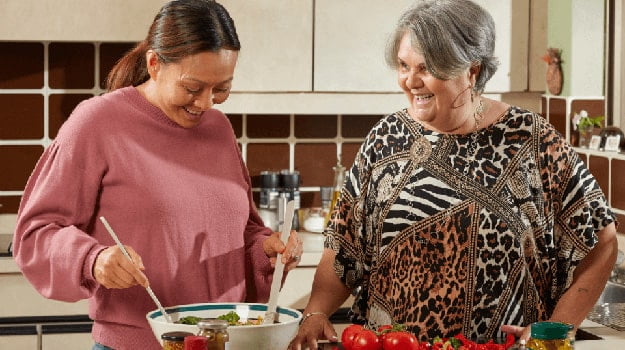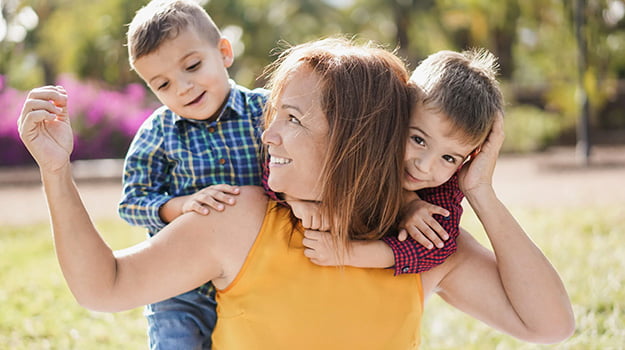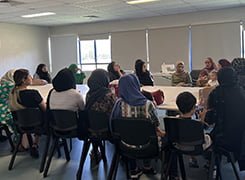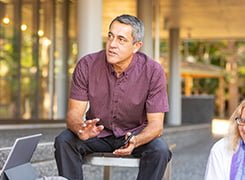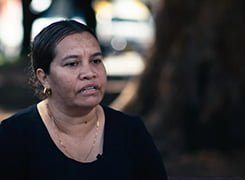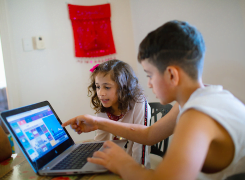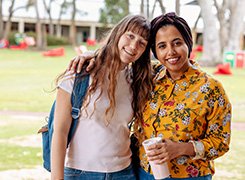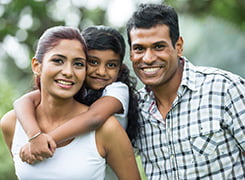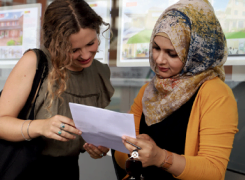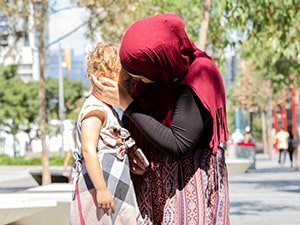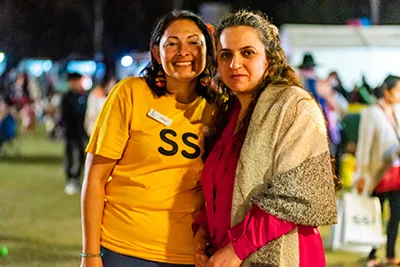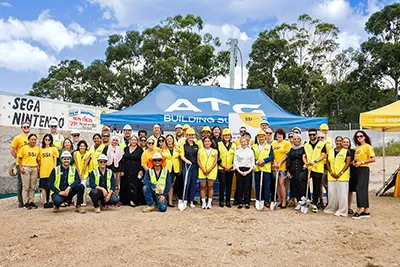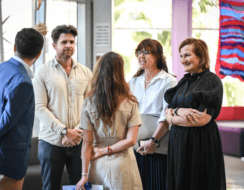26 Aug 2020
NewsFrom the CEO: New data shows we must stop the migrant blame game
The COVID-19 pandemic has exposed underlying racist tendencies among members of the Australian public, media and government. First, Asian Australians bore the brunt of racial abuse, and now some are shifting the blame onto migrant communities as a whole.
New data emphatically challenges the prevailing narrative that newcomer communities are somehow responsible for the second wave of the virus parts of Australia are experiencing.
In fact, our recently published study into COVID-19 knowledge and prevention among culturally and linguistically diverse (CALD) communities highlights that these groups actually take the pandemic very seriously – disproving much of the racist stereotyping seen in the media in recent months.
As part of this study, SSI conducted a survey of 810 clients from different families in our Humanitarian Settlement Program residing in Fairfield, Liverpool, and Campbelltown Local Government Areas. The aim was to understand their experience and perception of COVID-19 and to ensure they were receiving up-to-date information.
Data collected suggests that respondents are engaging in all the recommended safety measures and are taking active measures to ensure their safety and the safety of the community at large.
Unsolicited, individuals from these communities offered hand sanitiser, hand washing, social distancing and minimising going out and wearing masks as some of the actions they were taking to minimise the risk to themselves and others.
These actions are not exceptional; rather, they are expected to be practised by communities right across NSW. Unfortunately, there is no widespread data capturing behaviours in the wider community for comparison.
We are all responsible for the spread of COVID-19 and, just like the wider community, newcomers are aware and engaging with COVID-19 information in high numbers.
But, once again, we are using our troubles – this time in the form of a pandemic – to blame and alienate newcomers. First, migrants were to blame for housing prices, then a rise in crime, then congestion and now the spread of a virus.
As we face the single biggest economic, health and social crisis to emerge in our lifetime, perhaps it is not surprising that we would look for a way to simplify and shift responsibility for the situation.
So, what do these findings teach us about effectively communicating COVID-19 awareness and prevention practices to all communities, including culturally diverse ones?
We have found, time and time again, that for a message to get through to people, they need to hear it from their communities, and that they want support through their own community networks. To achieve this, it requires working effectively through thorough engagement with community leaders and groups.
Solidifying this is the immense determination we have seen from community leaders across NSW to connect with people, peer-to-peer, through trusted relationships, to communicate health and safety messages.
It is time to reflect on whether the top-down approach to communication is actually effective. My conclusion is that it is not. Responses to the pandemic, and indeed any crisis, need to be tailored to diverse audiences, and communicated through channels they know and trust.
We cannot assume that a one-size-fits-all approach will filter down to the grassroots level, particularly without the information infrastructure support of organisations like SSI.
In challenging times, it seems the public react with what appears to be Australia’s muscle memory, to blame the foreigner, the minority and those who are different to us.
To move forward from this unsettling habit, it is important that we take a step back, review the facts – which in this case, clearly identify CALD communities as responsible, aware members of a COVID-19 society – and look to ways we can do better to ensure a safer, fairer environment for all.

